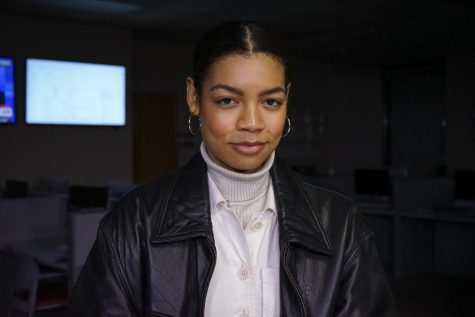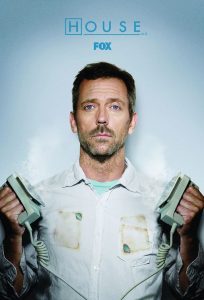A reflection on the Fall 2020 semester
December 26, 2020
Loyola University’s administration and students reflect on a semester filled with the COVID-19 pandemic, virtual and socially distant learning, several hurricanes threatening the New Orleans area, and the current global unrest.
A campus that was once flooded with thousands, trickled to handfuls of students interchanging between classes, as the COVID-19 pandemic wave struck the United States in March, during Loyola’s spring semester.
“It felt like a ghost town, even the classes we had to go in-person for. It was just like, no one was there. Even the classes that we did have, maybe five people were in each class,” said sophomore graphic design major, Torrie Shuff.
Many students looked forward to taking a break from their makeshift classrooms in their homes because of the little social interaction in quarantine, said Shuff.
Louisiana universities used the spring and summer months to develop hyflex and virtual courses to stop the spread of the virus.
But these universities also wanted to give their students an access to campus life to gain a college experience, according to the Deputy Commissioner of Strategic Communications for the State of Louisiana’s Board of Regents, Meg Sunstrom.
“We got everybody graduated in the Spring semester, but we could do better. So, let’s spend the summer, you know, looking at what worked and what didn’t work,” said Sunstrom.
Loyola University President, Tania Tetlow, said that it was a necessary risk to open the campus, but students safety remained top priority. The administration hired two contact tracing professionals who trained students to help detect the virus when on campus, according to President Tetlow.
“Everything was riding on the contact tracing. That is how we were able to open this semester,” according to President Tetlow.
But, with the virus looming in the air, several hurricanes threatening the New Orleans area, and global unrest, students were overwhelmed and racked with anxiety.
The university’s counseling center strived to prevent their students from failing courses or dropping out due to mental burnout. The UCC began hosting virtual anxiety groups, created mental health check-in surveys, and continued individual therapy appointments online, according to President Tetlow.
“It’s normal to feel more anxious and depressed when life is full of uncertainty. You don’t know what’s going to happen,” said President Tetlow.
Despite not seeing her therapist for several months, Shuff said she recognized the importance of having mental health check-ins during these stressful and unpredictable times.
“I just pushed through, even though it was a worrying time for me, and it still is,” said Shuff.
President Tetlow said she had moments of doubt due to the stressful events of 2020, but kept faith and believes Fall 2021 will “look a lot different.”
“There’s a part of me that thought, ‘I’m just being ridiculous. I’m expecting too much of people. This will maybe spiral out and go badly,’ but it didn’t because that’s who we are,” said President Tetlow.







